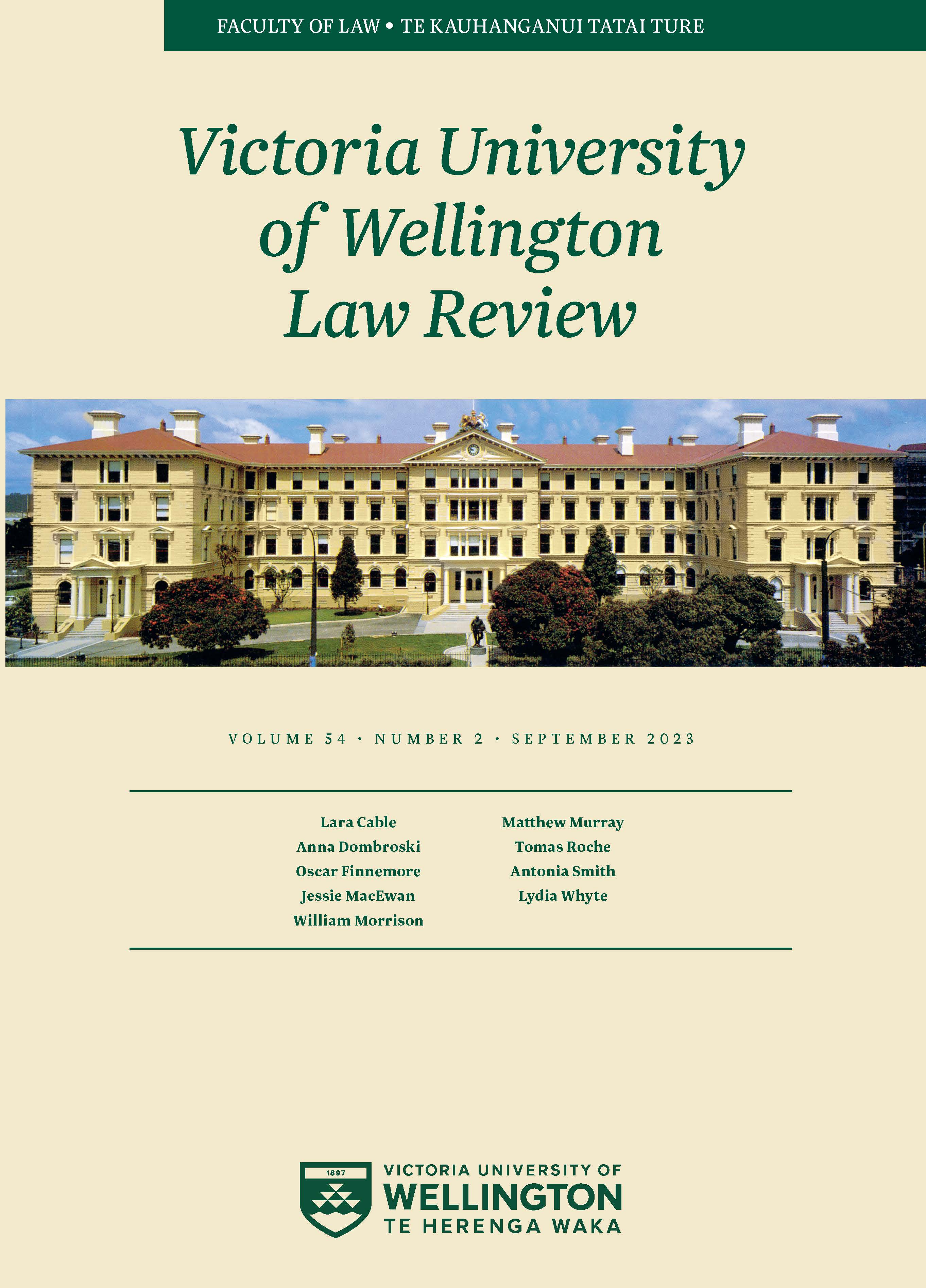Making It Up as We Go: Inconsistencies in New Zealand's Approach to Intoxication and Addiction at Sentencing
Abstract
Addiction treatment and sentencing methodologies are dynamic. Yet, at their intersection, a stagnant, inconsistent approach prevails. Section 9(3) of the Sentencing Act 2002 provides that "voluntary consumption" of intoxicants at the time of offending is not a factor that enables a sentence discount. Addiction, meanwhile, is a mitigating factor. This article examines the tension between s 9(3) and addiction at sentencing. First, it establishes how courts reconcile the two. The sample surveyed indicates that s 9(3) is inconsistently applied in addiction cases and triggers five different judicial responses. "Workarounds" which recognise addiction evidence under other names are common (especially as "rehabilitative potential", "personal hardship" or a separate mental health condition). Alternatively, some judges refuse to recognise addiction because of s 9(3). Others recognise addiction by omitting to consider the provision. This article then examines the harms of the current application of s 9(3). These include unequal access to addiction discounts, legal uncertainty and contravention of parliamentary intention. Finally, drawing on international comparisons, traditionalist criminalisation theory and holistic justice jurisprudence, this article proposes an alternative approach. It advocates appellate guidance which carves out addiction-based consumption as distinct from "voluntary consumption" in the short term. Taking a longer view, amendment of s 9(3) would be desirable to ensure policy concerns around intoxication are sufficiently balanced.
Downloads
Downloads
Published
How to Cite
Issue
Section
License
Authors retain copyright in their work published in the Victoria University of Wellington Law Review.


